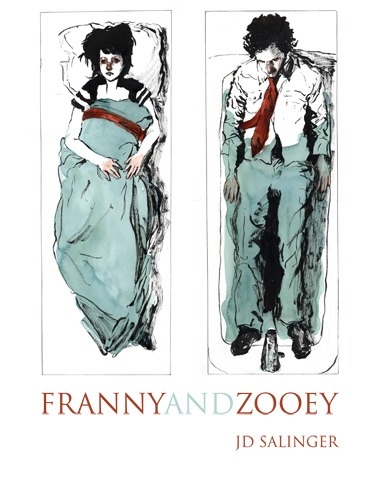 After Salinger's recent death during the spring, I decided to tackle another one of his books. I read Catcher in the Rye for the first time last summer, but found this combination of two separately published short stories a tougher read. I was also struck by the parallels between the Glass family and Wes Anderson's 2001 Royal Tenenbaums, but on a superficial level: both are stories about precocious brothers and sisters who have recently entered adult-hood.
After Salinger's recent death during the spring, I decided to tackle another one of his books. I read Catcher in the Rye for the first time last summer, but found this combination of two separately published short stories a tougher read. I was also struck by the parallels between the Glass family and Wes Anderson's 2001 Royal Tenenbaums, but on a superficial level: both are stories about precocious brothers and sisters who have recently entered adult-hood.After reading the shorter half of Salinger's book "Franny," I was intrigued but also overwhemingly confused. "Zooey" did little to clear up this confusion for me, and it wasn't until a few months later after thinking about the novel and skimming a few critical reviews that I gained a better understanding of the two stories.
If Franny is facing two options in life while talking over a chicken sandwich with her Flaubert-fascinated boyfriend, her brother Zooey faces a similar struggle in front of his mirror.
I like the idea of this novel being entered into the literary cannon of sixities and seventies literature because it fits in with the (at times) comical but (more often) depressing view of the world and the US.

No comments:
Post a Comment